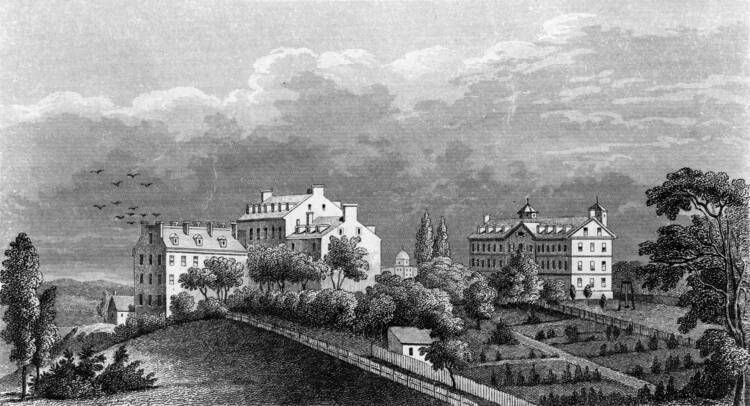“There’s not a mild form of slavery,” says Laura Masur, one of the archeologists excavating once-enslaved communities on former plantations owned by the Society of Jesus in Maryland.
Laura Masur joins “The Gloria Purvis Podcast” this week to talk about her work recovering fragments of Black American history from what she calls “sites of memory” or places where people were sold into slavery, families were separated and ultimately, where enslaved persons dwelled, often in Catholic-run institutions.
“It’s a really sad part of history that we don’t talk about enough and we need to talk about more,” Laura says. “The Jesuits we know become entrenched in slavery as an institution, as a way of making money off of their lands, making money off their investments.”
Many of the archeological discoveries are made possible by ground-penetrating radar, which has turned up Catholic medals, rosaries, buttons, cookware and ordinary objects from the lives of the enslaved persons. However small these artifacts may be, they are vital clues to connecting descendents to their family lineage and to living relatives, today.
Laura frames this work as important not only to those descendents but to the Catholic community that has to make amends for its participation in the sin of slavery. “So much of the way that we talk about our history as American Catholics is a story about religious freedom,” Laura says. “But when we look at this history, when we focus on the persons on whose labor our faith was built…the people who physically made the bricks to build the first churches, we’re not just looking at religious freedom, we’re looking at the costs of that religious freedom.”








